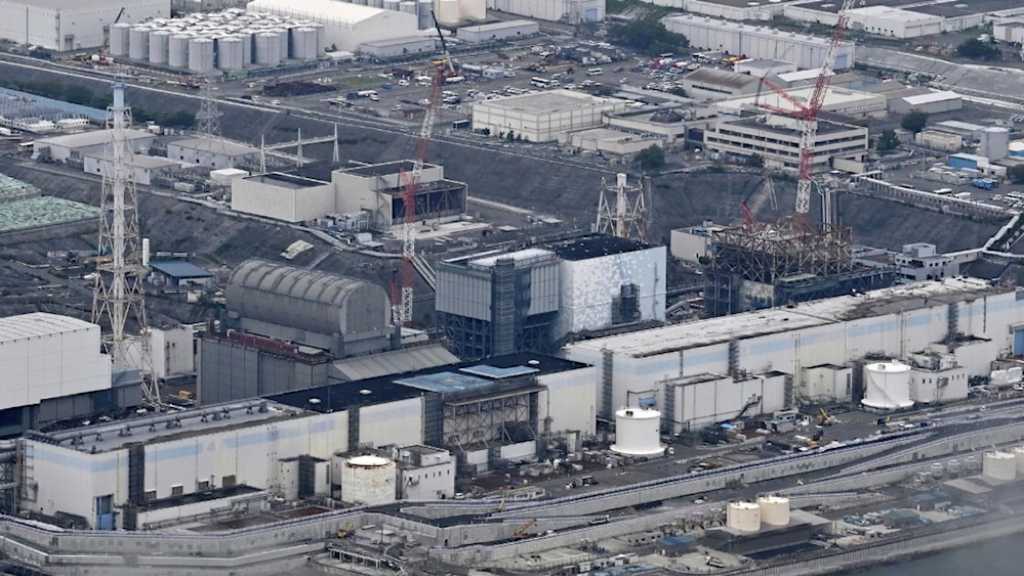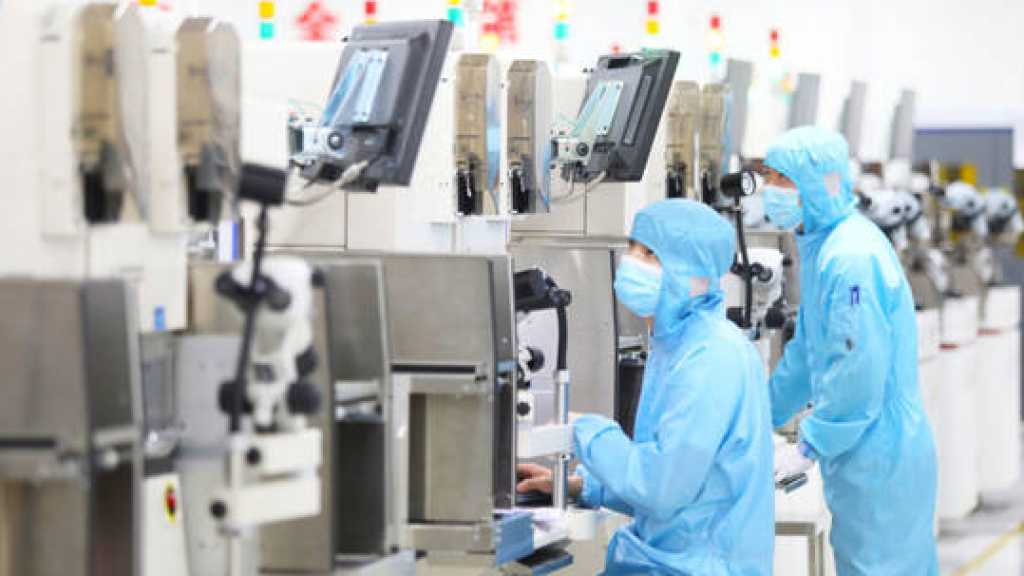Fukushima Begins Op to Remove Radioactive Debris

By Staff, Agencies
The challenging task of removing a small amount of radioactive debris from Japan's Fukushima nuclear plant has commenced, following a delay caused by technical issues during an earlier attempt.
Tokyo Electric Power Company [Tepco] announced on Tuesday that it has initiated its “pilot extraction operation,” which is expected to take about two weeks. This initial extraction will involve a small sample to help understand conditions inside the reactors, a crucial step in the decommissioning process for the Fukushima Daiichi plant.
Approximately 880 tons of highly hazardous material remain at the site, 13 years after a tsunami triggered by a 9.0-magnitude earthquake led to one of the worst nuclear disasters in history. The removal of this debris is considered the most formidable challenge in the decades-long decommissioning effort.
Tepco had initially planned to begin this first trial removal on August 22, aiming to collect just three grams [0.1 ounces] of debris for analysis. However, the company had to halt the operation at an early stage due to issues with the installation of the necessary equipment.
When the tsunami struck on March 11, 2011, three of Fukushima plant’s six reactors were operational and subsequently went into meltdown. The radiation levels within the debris are so intense that Tepco had to design specialized robots to operate in the environment.
In preparation for the debris removal, Tepco deployed two mini-drones and a “snake-shaped robot” into one of the reactors in February.
Additionally, Japan began discharging treated wastewater from the Fukushima plant into the Pacific Ocean last year, leading to a diplomatic dispute with China and Russia, as well as other regional countries. Both countries have imposed bans on Japanese seafood imports, although Tokyo maintains that the discharge is safe, a stance supported by the IAEA.
In a bid to boost local produce, Tepco also initiated a campaign promoting Fukushima-grown food. This past Saturday, London’s Harrods department store started selling peaches from the Fukushima region.
Comments
- Related News




